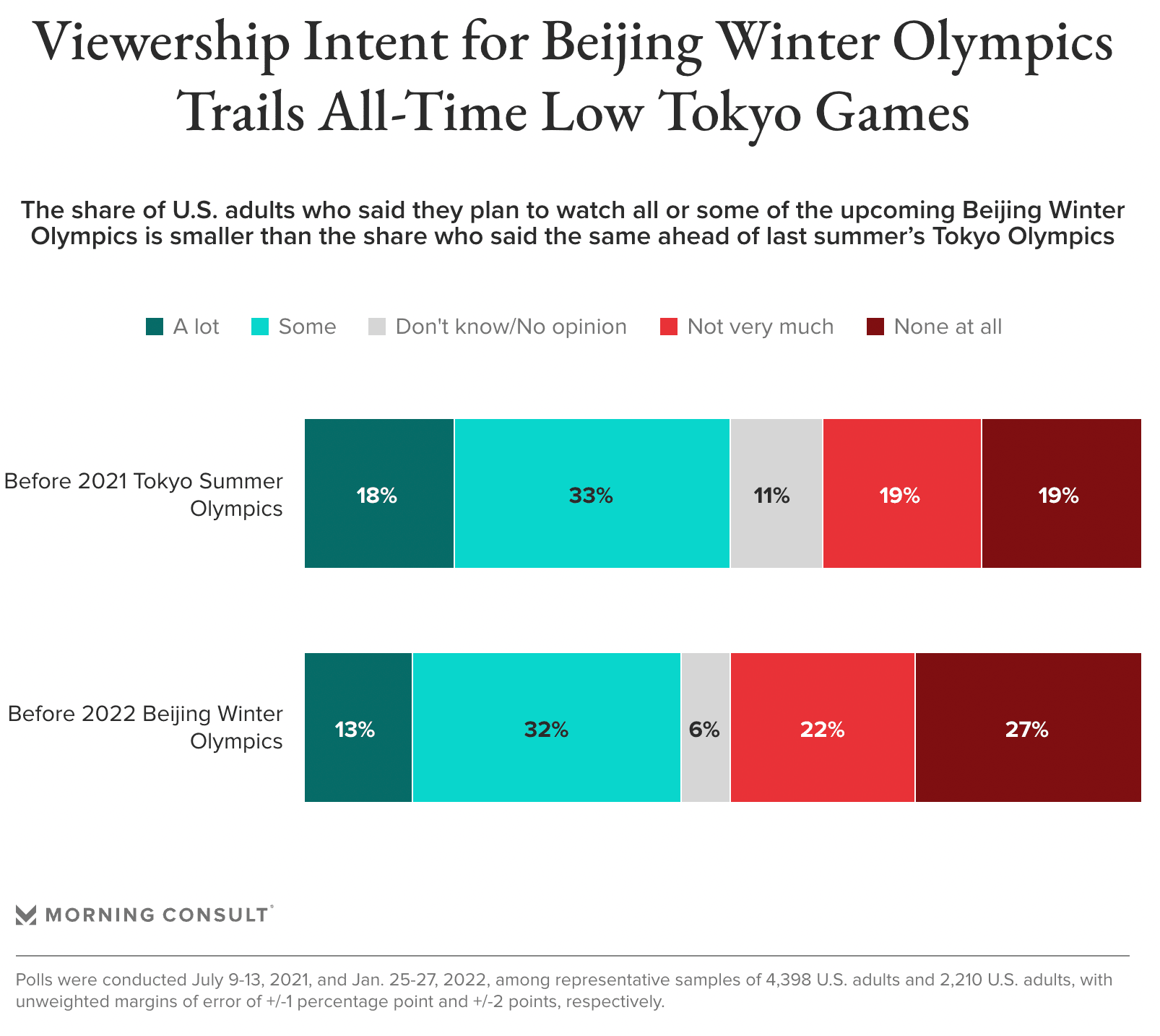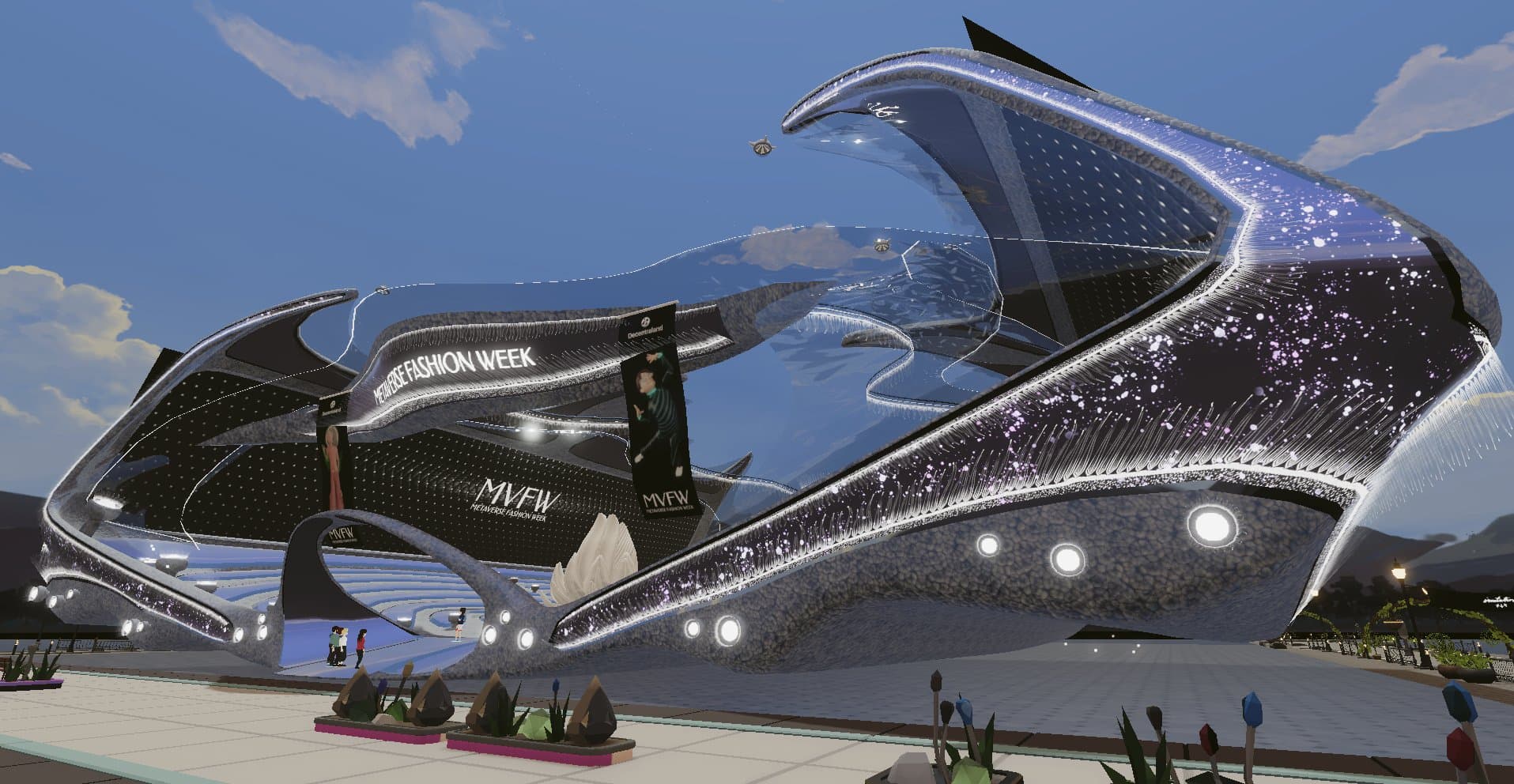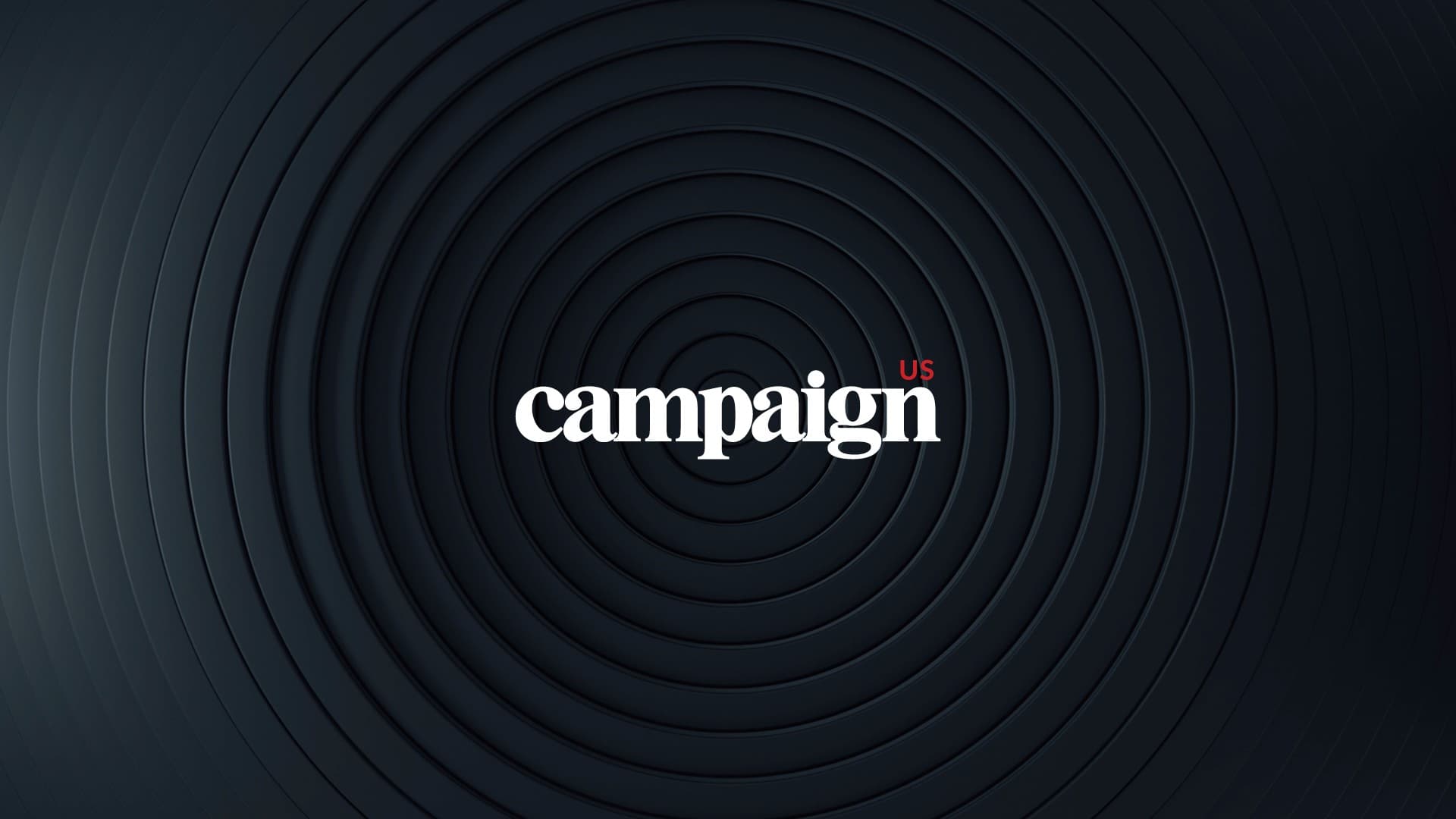Accessibility Tools
PMG Digital Made for Humans
NBCUniversal Reimagines Olympics Programming with Peacock Olympics Hub and TikTok Partnership
5 MINUTE READ | February 2, 2022
NBCUniversal Reimagines Olympics Programming with Peacock Olympics Hub and TikTok Partnership
Bradley Cooper, Senior Content Writer
Bradley Cooper is the founder and CEO of ContentP, a content creation company. She’s been a content marketer for over 10 years and has written for PMG, Forbes, Entrepreneur, Inc, and many other publications on blogging and website strategy.
Six months after the closing ceremony of the Summer Olympics in Tokyo, the 2022 Winter Olympics start this weekend in Beijing with no fans in attendance and athletes, coaches, and officials in a “closed-loop system” undergoing daily COVID testing and following stringent health protocols. Geopolitical tension between western countries and China, the host country of this year’s Olympics, continues to mount, characterized by a diplomatic boycott of the Games by the governments of Australia, Britain, Canada, and the U.S. In the weeks to come, all eyes will be on American broadcast partner NBCUniversal, Olympic brand sponsors, and other advertisers to see how they navigate a politically-charged media environment and changing viewership trends amid the shift to streaming.
NBCUniversal will feature a record 2,800+ hours of coverage across a simplified broadcast schedule and viewing experience for the 2022 Beijing Olympics in an attempt to address criticism coming out of the labyrinth of programming during the 2020 Tokyo Olympics. This time, NBCUniversal will stream every event and all programming, as well as NBC’s primetime and studio programming, live via the Olympic hub on the Peacock premium subscription tier (which costs $4.99/month with ads), with no pay-TV subscription required.
NBC programming for the 2022 Beijing Winter Olympics includes:
Live coverage of all 15 sports and opening and closing ceremonies, airing across the NBC broadcast network, USA Network and CNBC cable networks, as well as the nbcolympics.com website, and the NBC Sports app.
Curation technology within the nbcolympics.com viewing guide to enable personalized viewing and event scheduling.
On-screen cues aired during studio segments to remind viewers of upcoming events.
Replays of all events available immediately after they end on Peacock, in addition to daily programming, medal ceremonies, athlete profiles, and more.
“The Tokyo Olympics last year served as the biggest sign-up driver for Peacock since the platform’s launch, and the Beijing Olympics has the potential to do the same,” said Natalee Geldert, senior director of brand media at PMG. “After the closing ceremony, Peacock will face the unique challenge of convincing that new wave of subscribers to stick around for the long haul, whether that be through more live sports content, Peacock originals, or another retention strategy altogether.”
Despite these plans, NBCUniversal is said to be preparing advertisers ahead of the Games for decreased TV audience ratings, likely to “reduce the possibility of having to deliver make-goods” after the event wraps, according to Insider. Broadcast figures from the COVID-delayed Tokyo Olympics last summer set a landmark low in viewership with an average of only 15.5 million primetime TV viewers per night, down 42 percent from the 2016 Rio de Janeiro Olympics, and the lowest audience for a Summer Games since NBC began broadcasting them in 1988.
NBCUniversal’s broadcast plan, which split events between Peacock and linear broadcasts, combined with the postponement of the Games due to the pandemic, changing viewership trends, and nonappearances by many popular athletes, contributed to a perfect storm for a decline in ratings and viewership figures despite record ad spending.
“The 12- to 15-hour time zone difference between the U.S. and Asia, the programming schedule and viewership experience on Peacock, in addition to the absence of fans in the stands during the events made for a challenging advertising environment—especially for U.S. brands—during the Tokyo Olympics last year,” said Geldert. “Fans would wake up to news alerts of event wins and medal ceremonies that had occurred overnight, leaving little incentive to tune into pre-recorded events and primetime broadcasts scheduled later in the day and resulting in smaller audiences for brand advertisers. We’re hearing NBCUniversal has made a concerted effort to prepare for a better live programming experience so fans don’t miss out on the action, and brands can engage and celebrate those moments in real-time as well.”
Polling from Morning Consult suggests NBCUniversal will have its work cut out in attracting viewership during the Beijing Winter Olympics.

In a first, NBCUniversal tapped TikTok as a creative collaborator for the Beijing Olympics, offering Olympic sponsors exclusive access to new creative ad experiences on the platform, in addition to daily content, episodic livestreams, and unique, behind-the-scenes looks from athletes at the Games. In Tokyo, TikTok became a global entertainment hub for unscripted, sports-adjacent content and drove billions of views. Whether it was a TikTok video with one athlete or twelve, TikToks out of the Olympic Village garnered millions of views within hours, offering a new form of access and escapism for viewers into the daily lives of their favorite athletes.
—
Stay in touch
Bringing news to you
Subscribe to our newsletter
By clicking and subscribing, you agree to our Terms of Service and Privacy Policy
Nearly 100 brands are slated to advertise with NBCUniversal during the 2022 Beijing Olympics, 40 of which are new to the Games, with average ad spend per brand on par with advertising trends seen in previous Olympics. Unlike in years past, the lead-up to the opening ceremony has been unceremoniously quiet and lacking in the typical advertising blitz from top-tier sponsors like Coca-Cola, P&G, and Toyota in the months before the Games. The pandemic and absence of fans from events, humanitarian issues and the diplomatic boycott of the Games by the U.S. government, along with below-average viewership and TV ratings during the last Olympics only six months ago, are likely all contributing, a trend that’s sure to shift once the Games begin.











